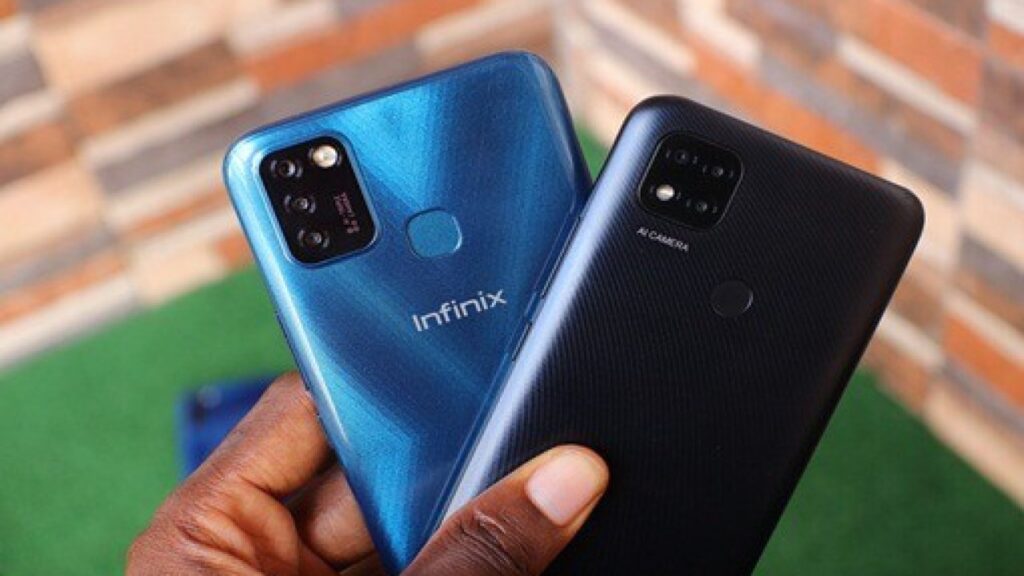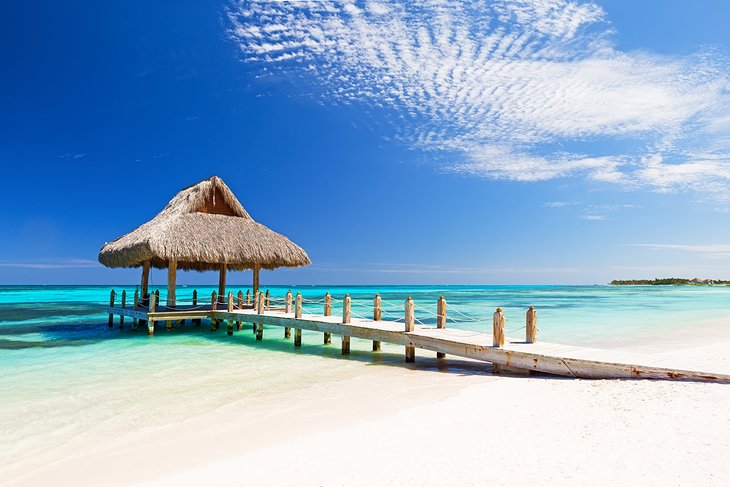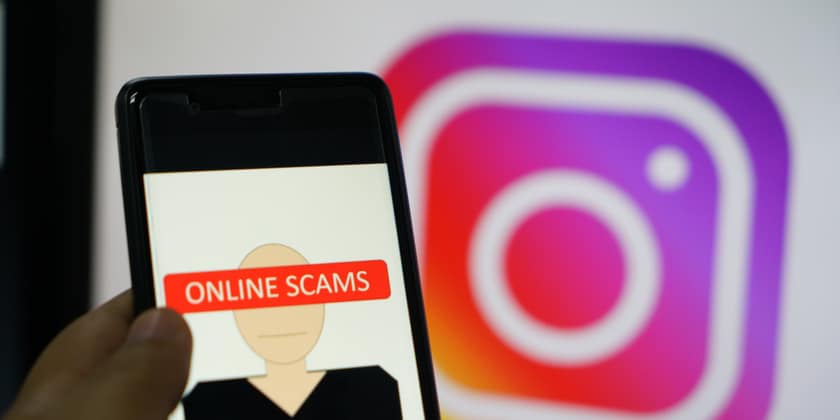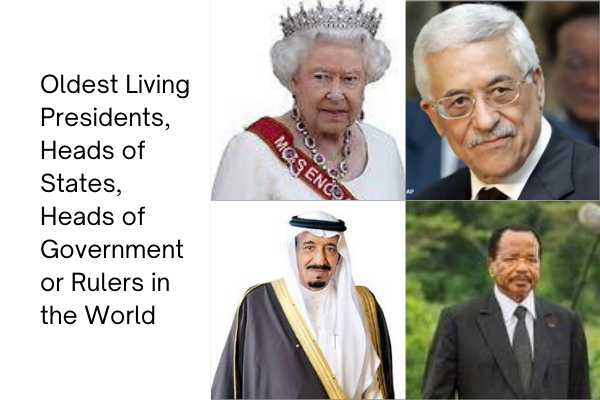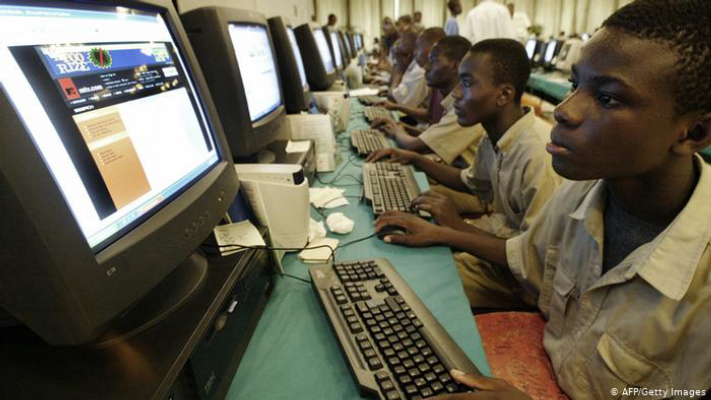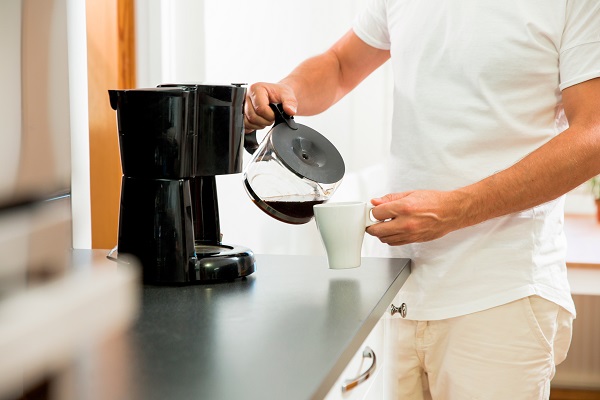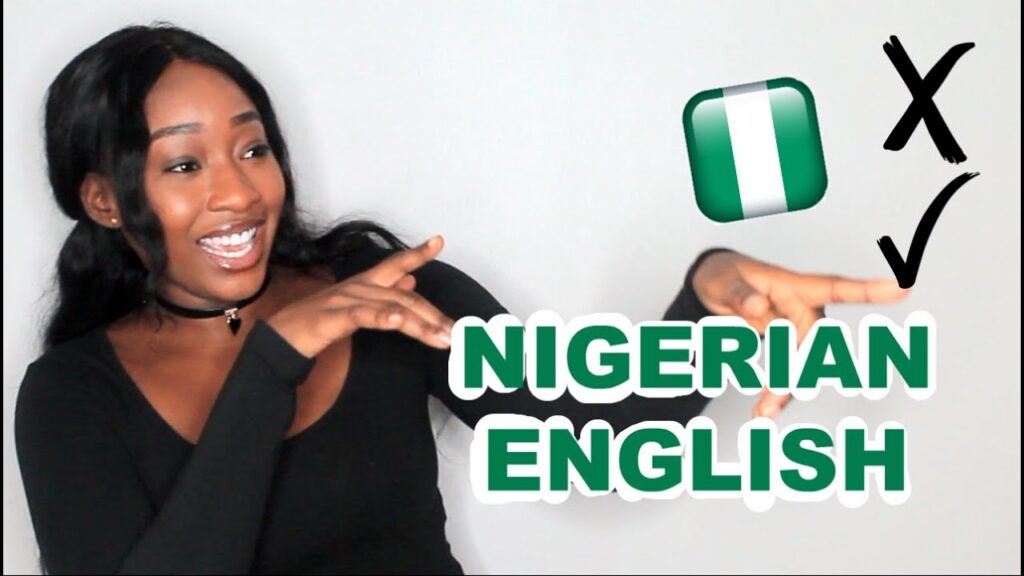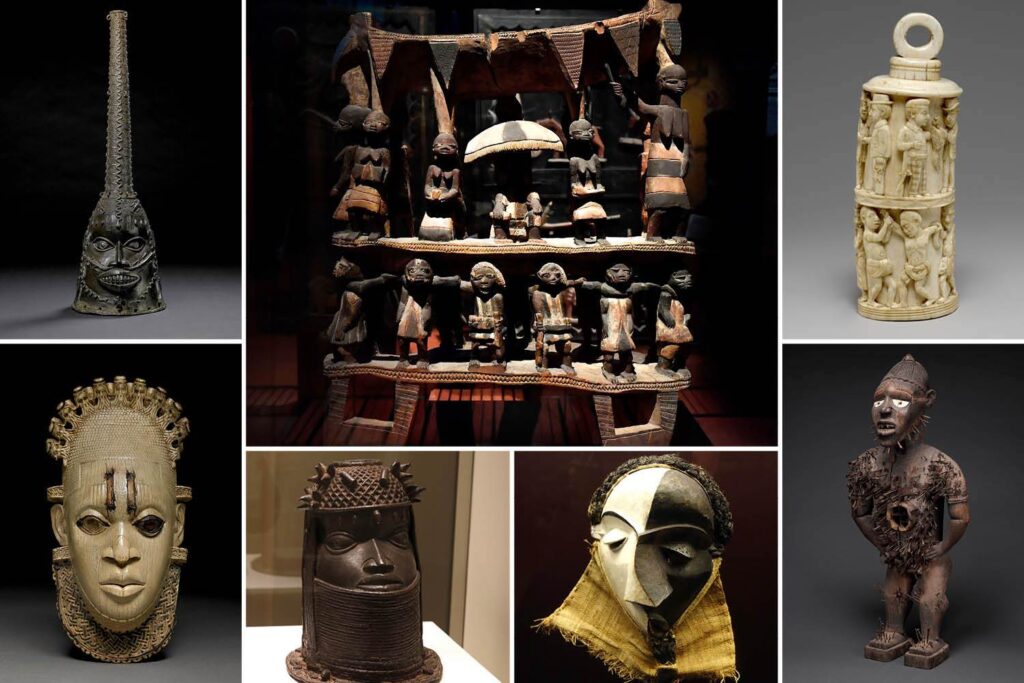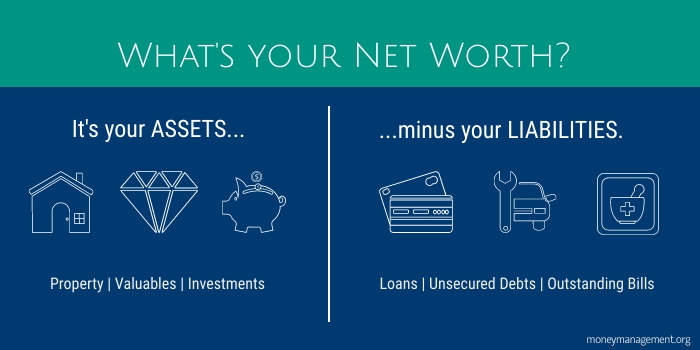Have you been on the lookout for the greatest phones around 50000 Naira (about $100)? Look no further… This year’s top, affordable, and nicest mobile phone in Nigeria under 50,000 Naira is here.
These are the finest phones available on the Nigerian mobile market, which I have hand-picked. Given the rate at which smartphone prices are rising in the mobile industry, you’ll agree with me that finding a phone with the most up-to-date specs and features while staying within your budget is challenging.
Apart from large batteries that can last you the entire day, there are a few things to consider when purchasing a new phone in Nigeria. One of the most important factors to consider is the price of the phone you will be purchasing.
With that in mind, I’ve compiled a list of the best smartphones under N50,000 (50,000 naira) for you, which will undoubtedly include all the latest features. In this post, you’ll find phones with at least 2GB of RAM, a good battery life, and much more. Let’s get started without further ado…
1. Infinix Smart HD 2021 (about N43,000)

Infinix unveiled the “Infinix Smart HD 2021,” an entry-level smartphone with a MediaTek Helio A20 processor, in December 2020. The Infinix Smart HD 2021 is an Android smartphone featuring a 6.1-inch HD Plus (1560 x 720) display, MediaTek Helio A20 MT6761WE 1.8GHz quad-core CPU, 2GB RAM, 32GB storage space, and an 8MP main camera.
2. TECNO Spark 7T (₦50,000)

TECNO Mobile, a Chinese smartphone manufacturer, has introduced the “TECNO SPARK 7T,” a 6.52-inch smartphone with a 6000mAh battery. The TECNO SPARK 7T is an Android smartphone featuring a 6.52-inch HD+ (1600 x 720) display, MediaTek Helio G35 2.3GHz octa-core processor, 4GB RAM, 64GB / 128GB storage capacity, and a dual back camera.
3. UMIDIGI A7S (₦41,000)

In September 2020, Chinese smartphone brand UMIDIGI released the smartphone “UMIDIGI A7S” with an Infrared Thermometer sensor. The UMIDIGI A7S is a low-cost Android smartphone featuring a 6.53-inch HD Plus (1600 x 720) touchscreen, a MediaTek MT6737 quad-core CPU, 2GB RAM, 32GB storage capacity, and a triple camera with 13 megapixels, 8 megapixels, and 2 megapixels.
4. Gionee P15 (about ₦50,000)

In July 2021, Gionee launched the “Gionee P15,” an entry-level smartphone with a 5000mAh battery. The Gionee P15 is an entry-level Android smartphone with a 6.52-inch (1600 x 720) display, a 1.6GHz octa-core UNISOC (Spreadtrum) SC9863A CPU, 2GB RAM, 32GB storage capacity, and a triple camera with 13 megapixels + 0.3 megapixels + 0.3 megapixels.
5. Itel P37 Pro (₦45,500)
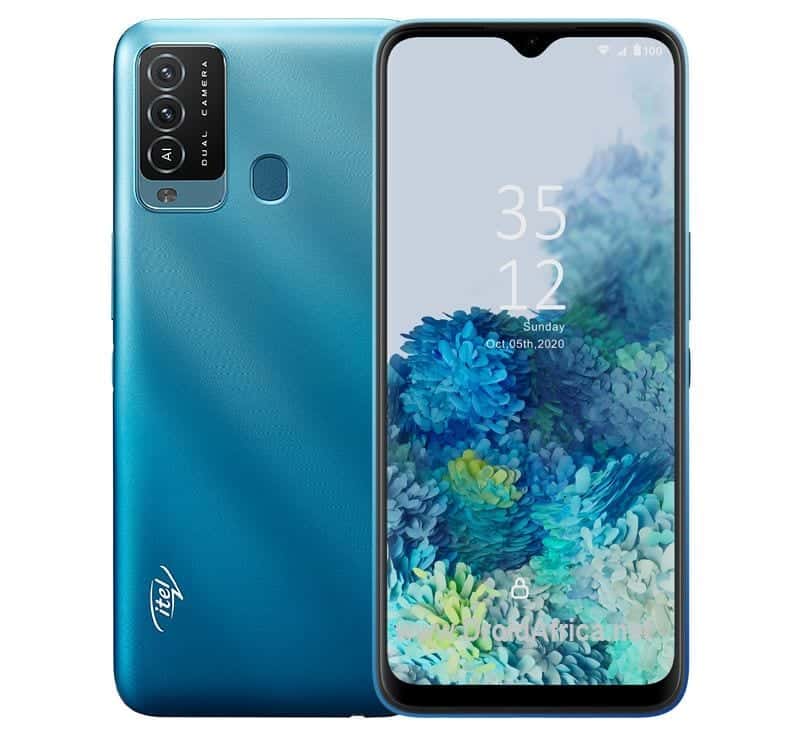
In Nigeria and around Africa, Itel is quite popular in the budget segment. The Itel P37 and the Itel P37 Pro, which is significantly more expensive. While the P37 has 3G, the P37 Pro has 4G, a 6.8-inch IPS LCD with 720 x 1640 pixels and a 20:9 aspect ratio (254 PPI), Android 10 (Go Edition), 2GB / 3GB RAM, 32GB / 64GB Built-in Storage, up to 128GB Memory Card, 13 MP + 0.3 MP Dual Rear Cameras, 8 MP Front Camera, Fingerprint (Rear), and a 5000mAh Li-ion Non-Removable Battery.
6. Gionee S12 Lite (₦49,950)
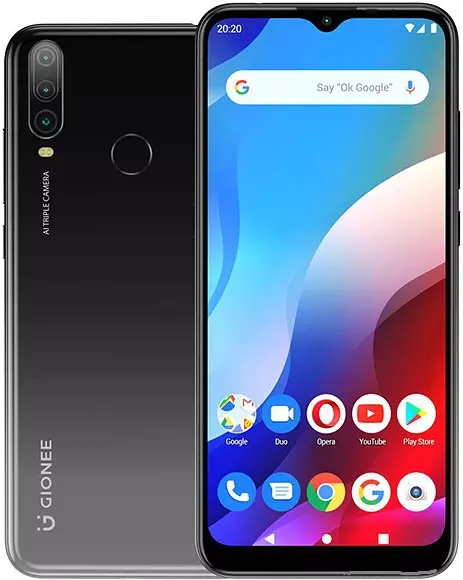
If you’re searching for a phone that strikes the appropriate blend of elegance, performance, and price, the Gionee S12 Lite is a good choice. It has a 6.52-inch display and a 4000 mAh battery, making it worthy of being included in this list of the top Android phones under 50,000 Naira.
The Gionee S12 Lite comes with Android 10 and a MediaTek Helio A25 octa-core chipset with 3GB RAM. It has a 4G LTE connection and 32GB of storage.
7. Itel S16 Pro (₦42,990)
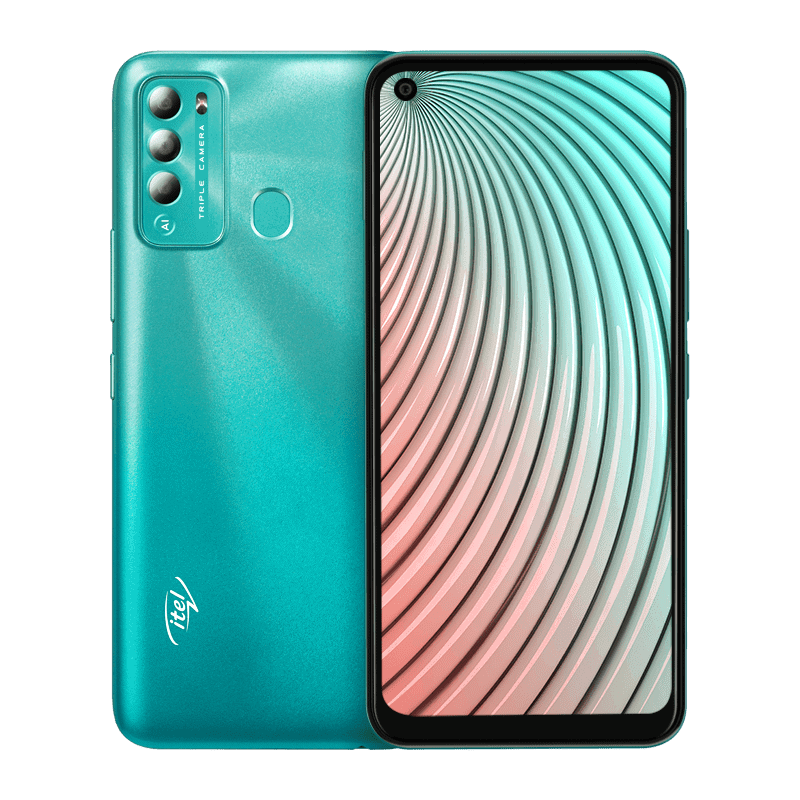 Itel is well-known for its low-cost smartphones. At this pricing point, the Itel S16 Pro is a good choice. The phone features a triple camera setup, a 4000 mAh battery, 32GB of internal storage, Android 10 (Go Edition), an Octa-core Spreadtrum UniSoC SC9863A processor, 2GB of RAM, a fingerprint scanner on the back, and 4G LTE connectivity. It’s an upgraded version of the iTel S16.
Itel is well-known for its low-cost smartphones. At this pricing point, the Itel S16 Pro is a good choice. The phone features a triple camera setup, a 4000 mAh battery, 32GB of internal storage, Android 10 (Go Edition), an Octa-core Spreadtrum UniSoC SC9863A processor, 2GB of RAM, a fingerprint scanner on the back, and 4G LTE connectivity. It’s an upgraded version of the iTel S16.
8. Xiaomi Redmi 8 (₦44,000)

It is undoubtedly one of the best phones under 50,000 naira in Nigeria, with excellent characteristics for its price and a mid-range camera. A 12-megapixel sensor and a 2-megapixel depth sensor make up the primary camera. The images are fairly clear even in the dark. It comes in two storage options: one with 32GB of storage and the other with 64 GB with 5,000mAh with fast charge support.
9. Samsung Galaxy A10s (₦42,000)

This is an improved version of the popular budget smartphone Galaxy A10, which is regarded as one of the best phones under 50,000 Naira.
The main benefit is the 13-megapixel main camera with a 2-megapixel depth sensor camera with an aperture of f/1.9 and support for background blurring in portrait mode.
The phone boasts a full-fledged slot for a memory card up to 512GB and two independent SIM-card slots, as well as a 4,000mAh battery and Android 9.0 (Pie) os.
10. Tecno Camon 12 (₦50,000)

The Tecno Camon 12 was released in August 2019 and runs on Android 9.0 Pie. With a triple rear camera of 16 megapixels, 8 megapixels, and 2 megapixels. As well as a front selfie camera of 16 megapixels, the phone enables FullHD grade imaging on both the front and back cameras. It has an octa-core MediaTek Helio P22 processor (2.0GHz Octa Cortex A53 cores) and 4 GB of RAM.
RECOMMENDED READ

